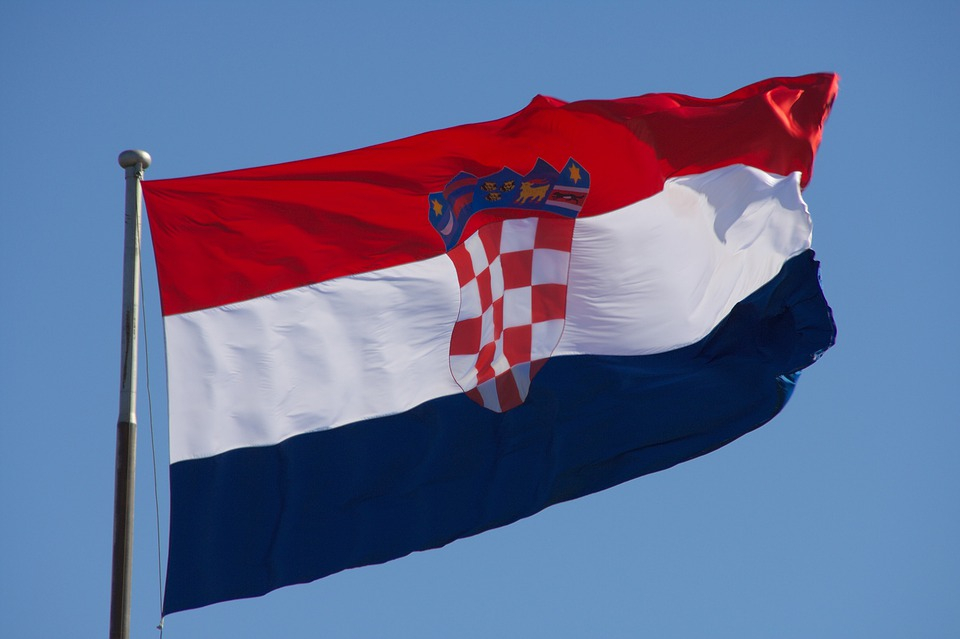As Poslovni Dnevnik writes, the Croatian company Notitia is a decade-old company from the City of Zagreb, whose founder is a professor at the Zagreb Faculty of Economics, Vlatka Bilas.
Just several ago, the Ministry of Economy and Sustainable Development concluded an agreement with the aforementioned Zagreb company on the creation of the National Plan for Industrial Development and Entrepreneurship for the period 2021-2027, an umbrella document for the creation of a future policy of support and moderation for economic development.
Notitia’s references
The tender was announced during the mandate of the former Minister of Economy Tomislav Coric, and the bids were submitted back in April, just before Davor Filipovic took over that role and that department. The evaluation and selection between the offers of nine candidates took some time, and the offer with the lowest price was finally selected.
The estimated value that the competent ministry highlighted and was ready to pay for that project stood at 1.2 million kuna without VAT, and the Croatian company Notitia offered its services for a price of 325,000 kuna, just half of what the other bidders were willing to charge.
The lowest price offered wasn’t the only criterion sought, points were also awarded for experience and the ability to be equipped for this type of work. These were equally important factors in the evaluation process. Among the five members of the Notitia team is Sanja Franc, an associate professor at the Faculty of Economics.
The Croatian company Notitia has otherwise already collaborated with the Ministry of Economy and some other ministries and state institutions, and one of its most recent engagements was consulting on the establishment of the Innovation Network for Industry and Thematic Innovation Platforms, as well as consulting on the establishment and development of the innovation system across the Republic of Croatia.
This team also has vast experience in strategic planning projects for no less than the World Bank, and among the references cited by Notitia are the smart specialisation strategy from back in 2016, and the creation of an operational plan for the implementation of the previous industrial strategy, the one for the period from 2014 to 2020.
The new development policy of Croatian industry will, therefore, be carved by the hands of the professors of the Faculty of Economics in Zagreb, and as foreseen in the public tender, they will have a total of seven months at their disposal to prepare the document that has been being waited on for two years already. The first argument for stalling the preparation of Croatia’s seven-year industrial development plan was the outbreak of the global coronavirus pandemic, which put a halt to normal life and business as we knew it. It then coincided that an umbrella document for the development of the industry was also being adopted at the EU level, as well as at the national level, and work was then being done on the preparation and adoption of the National Development Strategy of Croatia until 2023.
At the end of last year, former Economy Minister Tomislav Coric concluded that with the adoption of these documents, a basis had finally been created in which the consideration of industrial policy could be properly integrated. Now new moments and changes have arisen again with inflation and the spiralling energy crisis, which will change a lot in the European economy. Looking at it this way, Croatia’s brand new industrial strategy will be even more relevant.
Key changes
At the moment when the Ministry of Economy finally started looking for consultants for this document at the beginning of this year, three changes that will transform Croatian industry by the end of this decade were perceived as key – the green and digital transition, and improving the position of the Croatian economy in global value chains.
In other words, in the deliberation of the plan, emphasis was to be placed on production sectors that create higher and higher added value, those which are based on knowledge, with the inevitable postulate of a circular and decarbonised economy.
The Economy Ministry has made it clear that designing the recovery and development of the domestic economy couldn’t simply be based solely on standard theses about competitive advantages and preserving jobs and simply detecting negative facts about the Croatian industry that need to be fixed. The challenge was to define “game changers” and create conditions for their encouragement. In addition to defining the industrial activities that have the greatest perspective, the ministry also expects from the consultants a proposal for an appropriate set of measures that will further stimulate their growth, and among others, small and medium-sized enterprises are key to the competitiveness and prosperity of the Croatian economy as a whole.
The modernisation and decarbonisation of energy-intensive industries has also been “inserted” as one of the priority goals, in which the ministry recognises the opportunity to improve and introduce advanced technologies and stimulate structural changes and investments. The preparation of the National Plan should also result in a detailed elaboration of measures, activities and expected results and projects.
For more, make sure to check out our dedicated business and politics sections.









